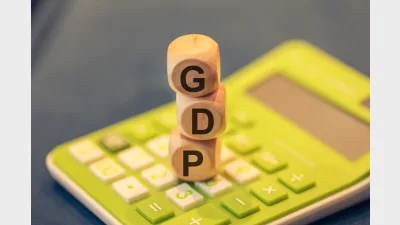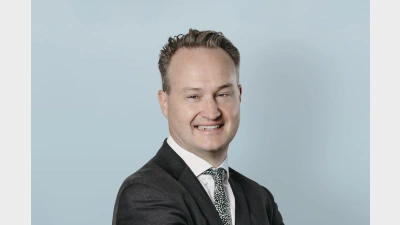Currency a factor in emerging market fixed income


Investing in emerging market fixed income requires much more attention to the dynamics of currencies and the monetary policies of various governments, according to president and chief investment officer for Adrian Lee & Partners, Adrian Lee.
Lee said many investors put a little bit into emerging market fixed income, but currencies needed to be managed separately to ensure returns were not eroded.
"When you get into emerging fixed income and you're picking bonds, it's actually 75 per cent a currency game because the volatility of currency markets are going to wipe out your bond returns in a second," he said.
Lee said bond managers often tried to blend decisions regarding fixed income asset returns and currency.
"A currency guy is a different animal — he looks at tech things, he looks at political events, he moves in and out of the market a bit more flexibly," he said.
Brazil was a good example of the need to manage risks separately, according to Lee, as its bond risk was 4-5 per cent while its currency risk was 20 per cent.
Lee also said warned about the misperception of dynamic hedging. He said despite its name, it was really a form of passive management where managers stuck to particular hedge ratios.
"Hedge the lower yielding currencies more and the higher yielding currencies less and have a blended approach," he said.
Recommended for you
Economic growth was weaker than expected, once again highlighting an economy largely sustained by population growth and government spending.
In this latest edition, Anna Shelley, CIO at AMP, shares the fund’s approach to current market conditions and where it continues to uncover key opportunities.
The mega fund has announced a $2.2 billion investment in a leading data centre platform, bringing its global real assets portfolio to nearly $60 billion.
In this latest edition, Australian Retirement Trust’s head of global real assets Michael Weaver explains the fund’s approach to finding new opportunities as it surpasses $300 billion in funds under management.













